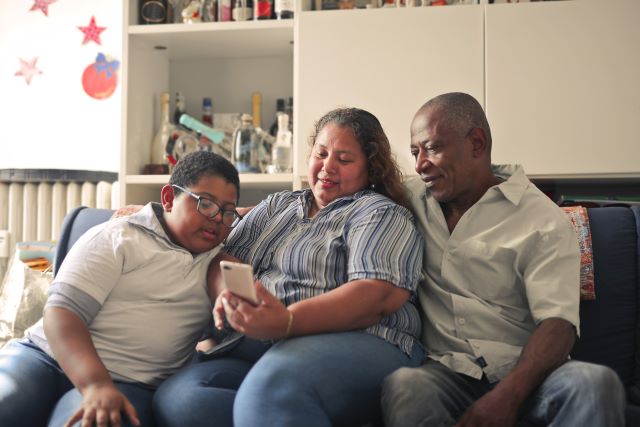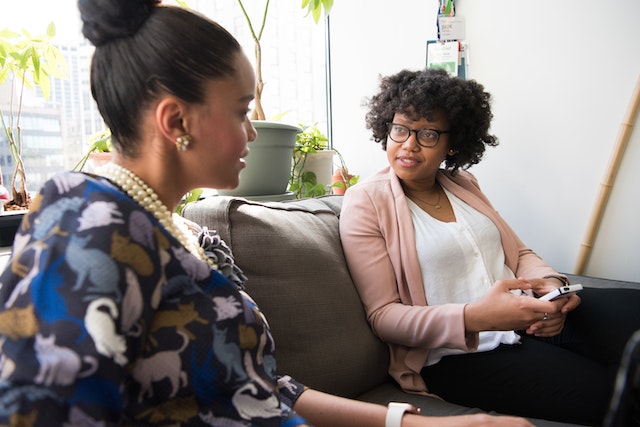With the 2024 election a week away, parents and educators are finding that children are increasingly curious, if not a bit anxious, about the politics of the upcoming election.
Starting conversations with kids about the election provides a unique chance to teach them about democracy, civic responsibility, and respectful discourse. Engaging children in these discussions is not only informative but also helps foster critical thinking skills.
Here are a few strategies from the experts to help you talk to your children about the upcoming 2024 election.

“Kids are incredibly perceptive and often pick up on the political discussions happening around them,” explains Dr. Jamie Howard, a psychologist at the Child Mind Institute, in a recent Facebook Live. “When we talk to them about voting, we empower them to see how individuals can impact society. It’s about making them feel they’re part of something bigger.”
Dr. Howard suggests that simplifying language and focusing on core concepts, like fairness and helping the community, can help young children grasp the importance of voting.

A recent survey by The Week Junior and YouGov revealed that 67% of children aged 8 to 14 in the U.S. are aware of the upcoming election, and nearly 40% are interested in learning more. According to the Center for Information and Research on Civic Learning and Engagement (CIRCLE), young adults who learned about government and elections in school are 18% more likely to vote as adults. This statistic underscores the value of civic education, even at a young age. Engaging kids in conversations about elections helps set a foundation for future civic participation and can turn early curiosity into lifelong habits of informed engagement.
When discussing politics with children, experts recommend breaking down complex issues into themes that they can relate to. Dr. Anthony Evans, a child psychologist specializing in political education, suggests that parents should use everyday examples. “If you explain voting as a way to make decisions, like choosing a movie or deciding on a family activity, it becomes relatable,” he says. This approach helps children understand the democratic process in a way that aligns with their own experiences.

Setting an example of respectful discourse is also essential. “Kids learn a lot by observing how adults discuss politics, especially when opinions differ,” says Dr. Evans. When parents model civil discussions, this allows children to see that people can have different perspectives while remaining respectful. This approach not only builds respect for democracy but also helps children develop social and emotional skills.
By discussing the 2024 election, parents and educators can help children understand the importance of voting, cultivate a sense of responsibility, and inspire future participation in democracy. As Dr. Howard emphasizes, “They may not be voting now, but these are our future leaders, and nurturing their understanding now sets the stage for a more engaged society.”
Looking for some additional advice or tips to help you when it comes to discussing the 2024 election with children? According to the experts, consider the following strategies:
- Simplify Complex Issues: Break down political topics into age-appropriate language to facilitate better understanding.
- Encourage Open Dialogue: Create an environment where children feel comfortable expressing their thoughts and asking questions.
- Promote Critical Thinking: Teach children to evaluate information critically, helping them form their own informed opinions.
- Model Respectful Discourse: Demonstrate respectful conversations about differing political views to instill the importance of civil discourse.
Photo: The Week Junior.com; Canva.com